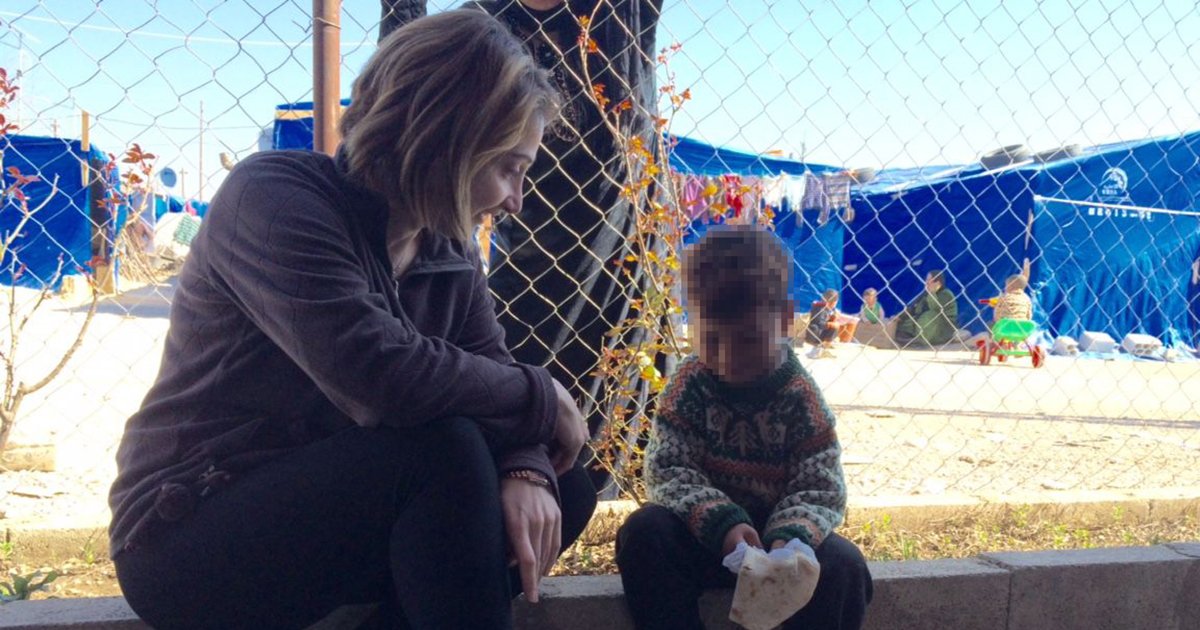A New Study by AKSOB Faculty on Ways to Resource Hope During Protracted Displacement
Dr. Hounaida El Jurdi and coauthors shed light on how refugees resource hope through agentive acts of consumption to enhance wellbeing during protracted displacement.
With the displacement of nearly 1.2 million civilians in the ongoing conflict in Lebanon, a timely study co-authored by Dr. Hounaida El Jurdi, assistant professor of marketing at the Adnan Kassar School of Business (AKSOB), offers valuable insights into how displaced individuals navigate their challenging circumstances to reveal how refugees maintain dignity, agency, and hope amidst forced liquidity and extreme uncertainty in protracted displacement.
The study, titled “Resourcing Hope: Refugee Agentive Consumption Acts in Protracted Displacement,” provides a framework for aid organizations and policymakers to develop more effective strategies and policies that recognize the debilitating impact of the changed consumer roles of refugees, and prioritize initiatives that enhance their wellbeing by restoring agency and enabling self-care, and the creation of hopeful spaces.
“A central finding is the profound impact of changed consumer roles on the dignity and wellbeing of displaced persons,” explained Dr. El Jurdi. “Stripped of their possessions, refugees experience a diminished role as consumers in society. However, as the research reveals, even small choices in consumption can significantly impact a person’s sense of dignity and overall wellbeing.”
The study focuses on populations in protracted displacement, who endure forced liquidity and uncertainty in inhospitable and degrading conditions—an underexamined area that warrants more attention due to its “pervasive and complex nature,” according to the researchers.
Despite these difficult circumstances, displaced individuals due to war and violence continue to find ways to resource hope through what the researchers coin “agentive anchoring acts.” These small but meaningful actions, such as engaging in spirituality, socializing, self-care, or domestic activities, help restore a sense of normalcy and replenish hope.
“Amidst turmoil, daily acts of consumption and self-care become acts of survival and dignity, cultivating hope as a shared, resourced commodity,” said Dr. El Jurdi. “Hope is not merely an individual emotion but a shared social resource that can be reinforced within communities.”
Hope is a critical resource for displaced individuals to endure and imagine alternatives for their future. In addition to “solid social relationships,” acts of domesticity, for instance, help them sustain family life and a sense of order, and reaffirm the values of their maternal roles.
Recognizing the significance of agency and choice in consumption can help aid programs to better preserve the dignity of displaced individuals, noted Dr. El Jurdi. Building community networks that enable the social resourcing of hope is essential for sustaining resilience in such challenging circumstances.
The research highlights the importance of “a nuanced, human-centered approach to displacement, advocating for a shift from purely top-down humanitarian interventions toward policies that empower displaced populations,” said Dr. El Jurdi. “As Lebanon navigates this crisis, the findings should provide valuable guidance for developing compassionate and impactful responses to support displaced citizens.”
This study aligns with the UN Sustainable Development Goals and LAU’s position as a leading research institution committed to tackling local and global challenges.
To browse more scholarly output by the LAU community, visit our open-access digital archive, the Lebanese American University Repository (LAUR)
